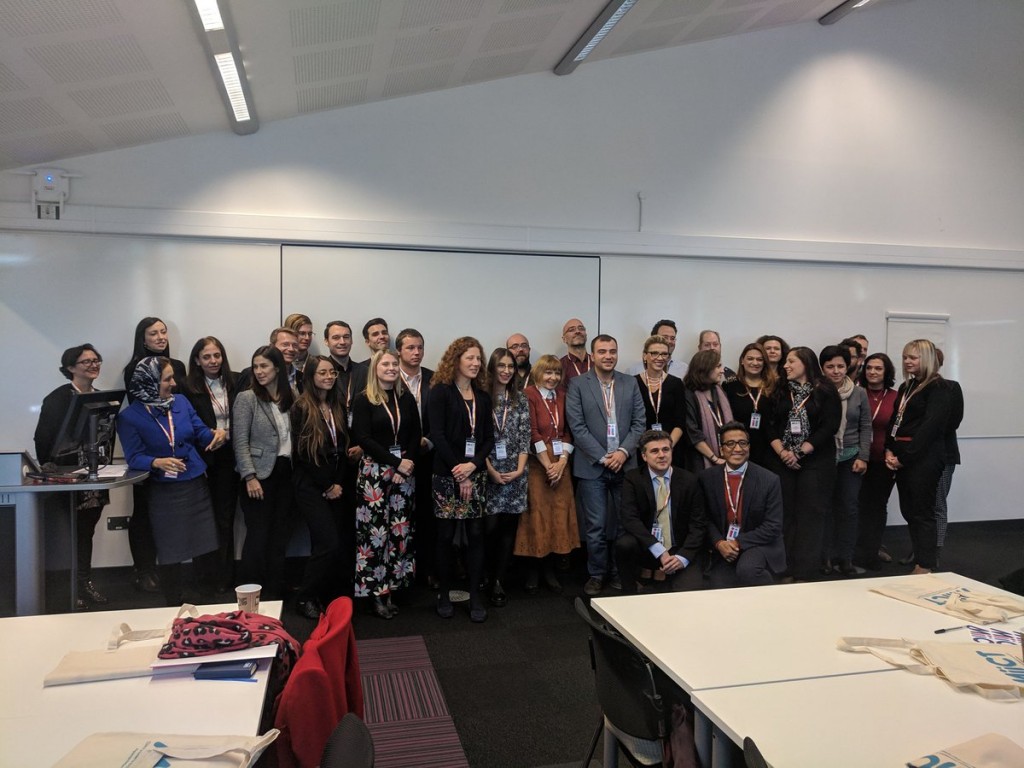The Christchurch Shootings have reiterated the need for law enforcement agencies, public bodies, the private sector and broader society to pay careful attention to the threat of alt-right radicalisation and terrorism. In particular, the cyber dimensions of terrorism before, during and after attacks.
Alt-right terrorism in recent years has shown a notable trend of perpetrators stating their motives and targets online prior to attacks. With the benefit of hindsight, it is easy to say that the publication of manifestos and intent to harm on open online fora should provide ample warning to deter attacks. Although the web provides an enormous source of data that can be harnessed to forecast attacks, a key difficulty lies in determining which threats to take seriously. This is particularly the case in alt-right online culture. The widespread use of trolling and spam tactics coupled with an ever-changing nomenclature based on irony, innuendo and coded language makes threat detection and assessment a major challenge for law enforcement agencies.
Another key issue to resurface is combatting the spread of terrorist content on social media. Although videos capturing the moments of terrorist attacks are common, these are typically filmed by victims or bystanders. What distinguishes Christchurch is that the shooter live-streamed one of the mosque attacks to Facebook. The 17 minute video filmed from a body-mounted GoPro, stylistically reminiscent of a first-person videogame, was flagged 12 minutes after the stream ended. By then, it had been viewed over 4,000 times. The footage of the massacre then spread rampantly on social media channels. Facebook, Twitter YouTube and Reddit among others faced significant challenges in identifying and removing millions of replicated videos from their sites. Uploaders were able to exploit weaknesses in current automatic detection software and bypass these systems by making minor edits to the original footage.
As terrorism is the tactical use of force against victims to influence third parties, it requires public attention to be effective. The knee-jerk spreading of their messages through media reporting and public discourse may in turn lead to further radicalisation and terrorism. Like other forms of terrorism, alt-right violent extremism has shown trends of radicalising contagion effects and copycat attacks. Indeed, the Christchurch shooter cited Anders Breivik, perpetrator of the 2011 Norway Attacks, as a key source of inspiration. Resultantly, adopting effective communication strategies is critical to counter-terrorist efforts.
The approach of the New Zealand government and many news agencies was to anonymise the perpetrator of the attacks and amplify social solidarity and the experiences of victims. This strategy has gone some way in dampening his public profile. However, not all public officials and media have shown the same restraint. In addition to some media outlets showing non-graphic clips of the video, portions of the attacker’s manifesto have been widely published in print and online. While the manifesto undoubtedly contains useful insights into the attacker’s motives and radicalisation process, large portions draw on trolling and meme culture. It is very likely that this was a deliberate strategy to bait public discourse and gain greater engagement and exposure. As Mr. Mohan, chief product officer for YouTube, stated in an interview with The Washington Post, ‘this was a tragedy that was almost designed for the purpose of going viral’.
The Christchurch Shootings edge us another step towards understanding and addressing the challenges of combating terrorism in the communication age. Early warning and crisis management capabilities require further innovation to keep up with evolving trends and tackle extremist content online before, during and after attacks. Additionally, the Christchurch shootings illustrate the importance of strengthening linkages between governments, law enforcement, private sector and wider society to effectively respond to such crises. Moreover, deploying communication strategies that dampen rather than publicise terrorist messages avoids playing into the hands of perpetrators and blunts a key weapon in the arsenal of terror.


